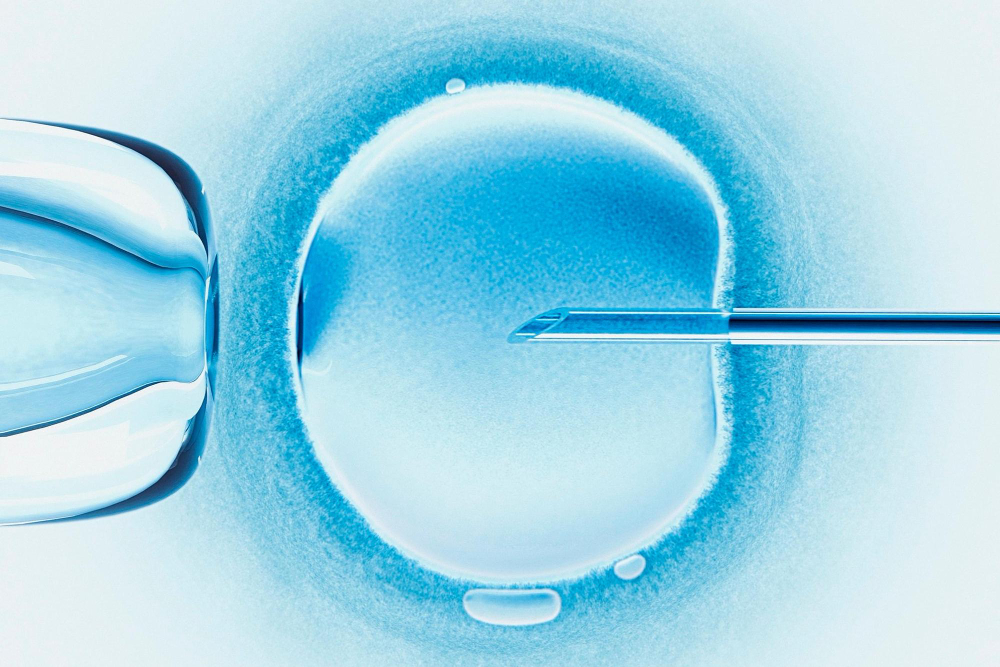What Is Egg Freezing?
Egg freezing is a way to preserve a woman’s eggs for future use. Doctors call this process oocyte cryopreservation. During egg freezing, eggs are collected from the ovaries and stored at very low temperatures. Later, these eggs can be thawed, fertilized, and used to try for pregnancy. Many women choose egg freezing as a form of fertility preservation. This option gives women more control over when they want to start a family.
Who Should Consider Egg Freezing?
Not everyone needs egg freezing. However, some women may benefit more than others. For example, you may want to consider egg freezing if:
Still, it is important to talk to a fertility specialist before making a decision. They can help you understand if egg freezing is right for you.
How Does the Egg Freezing Process Work?
The egg freezing process involves several steps. First, you will meet with a fertility doctor. They will explain how to freeze eggs and answer your questions. Next, you will take hormone medicines to help your ovaries produce more eggs. After about 10 to 14 days, your doctor will collect the eggs using a minor procedure. The eggs are then frozen and stored safely. When you are ready to use them, the eggs are thawed, fertilized with sperm, and placed in your uterus.
Benefits and Risks of Egg Freezing
Egg freezing offers many benefits. For instance, it allows women to preserve their fertility. It also gives more time to plan for a family. However, there are some risks to consider. The process involves hormone injections, which can cause side effects like bloating or mood changes. There is also a small risk of infection or bleeding from the egg retrieval procedure. Not all frozen eggs will lead to a pregnancy. Therefore, it is important to discuss both benefits and risks with your doctor.
Success Rates and Factors Affecting Outcomes
Egg freezing success rates depend on several factors. Age is the most important. Younger women usually have higher success rates because their eggs are healthier. According to the CDC, women under 35 have better chances of pregnancy from frozen eggs. The number of eggs frozen also matters. More eggs can increase the chance of success. However, not every egg will survive freezing and thawing. Lifestyle choices, such as smoking, can also affect outcomes.
Costs and Considerations
Egg freezing can be expensive. The cost includes medicines, the egg retrieval procedure, and yearly storage fees. In the United States, the total cost can range from $6,000 to $15,000 per cycle. Storage fees may add $500 to $1,000 each year. Insurance may not cover egg freezing unless it is for medical reasons. Therefore, it is wise to check with your provider and plan your budget.
Common Myths and Facts
Lifestyle Tips Before and After Egg Freezing
Healthy habits can improve your egg freezing success rates. For example, you should:
After egg freezing, continue healthy habits. This helps keep your body ready for a future pregnancy.
Prevention and Future Fertility Guidance
While egg freezing can help preserve fertility, it is not the only option. Regular check-ups with your doctor can help spot any fertility issues early. If you are thinking about starting a family later, talk to your doctor about your options. They may suggest other ways to protect your fertility. Remember, egg freezing works best when done at a younger age.
Conclusion
Egg freezing is a safe and effective way to preserve fertility for many women. However, it is important to understand the process, benefits, risks, and costs involved. If you are considering egg freezing, consult a fertility specialist at Shraddha Women’s Hospital & IVF Centre for personalized advice and guidance tailored to your needs.

